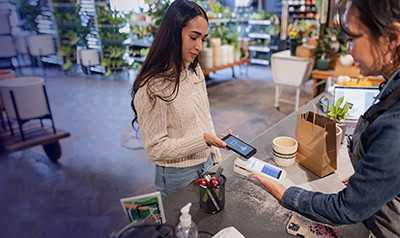Featured articles
Evolving challenges, emerging tech
Understand the transformative impact of emerging technologies on today’s most significant global challenges.
Deep dives
See what’s shaping the future of business—and how you can stay ahead in a fast-changing world.
Industry reads
Every industry has its own challenges and opportunities. Discover how players in your industry thrive through smart technology choices and deployment.
Technology in action
Get actionable insights that help you strategically apply and implement technology to address your pressing needs and seize opportunities.
Subscribe for more and stay relevant
The Modern Business newsletter delivers monthly insights to help your business adapt, evolve, and respond—as if on intuition









